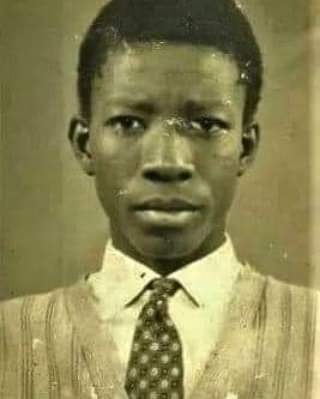
TORTURE, CAUSES AND CONSEQUENCES II
On the 27th of June, 1987 in accordance with its article 27(1) the UN Convention against Torture and Cruel, Inhuman or Degrading Treatment or Punishment came to force to compel each state party to take effective
#EndSWAT
On the 27th of June, 1987 in accordance with its article 27(1) the UN Convention against Torture and Cruel, Inhuman or Degrading Treatment or Punishment came to force to compel each state party to take effective
#EndSWAT
administrative, judicial and other measures to prevent acts of torture from being committed within its territory. This was expressly stated in Article 2(2) of the UN Convention.
#EndSWAT
#ReformPoliceNG
#EndSWAT
#ReformPoliceNG
There is a case of one Kayode Badmus who became partially blind as a result of the conditions under which he was held at the Panic Police Station, Yaba, Lagos State.
#EndSWAT
#ReformPoliceNG
#EndPoliceBrutalityNigeria
#EndSWAT
#ReformPoliceNG
#EndPoliceBrutalityNigeria
Similarly, there was a reported case of one Taiwo Omosowon who disclosed that as part of the torture meted on him, the Nigeria Police ran thin metal wires through his urinary tract,
#EndSWAT
#ReformPoliceNG
#EndPoliceBrutalityNigeria
#EndSWAT
#ReformPoliceNG
#EndPoliceBrutalityNigeria
and advanced his torturing treatment by hanging him face down, with ropes suspended from the roof of a special torture-chamber, lashing his back and buttocks with metal wires until blood dripped from his nostrils.
#EndSWAT
#ReformPoliceNG
#EndPoliceBrutalityinNigeria
#EndSWAT
#ReformPoliceNG
#EndPoliceBrutalityinNigeria
• • •
Missing some Tweet in this thread? You can try to
force a refresh



